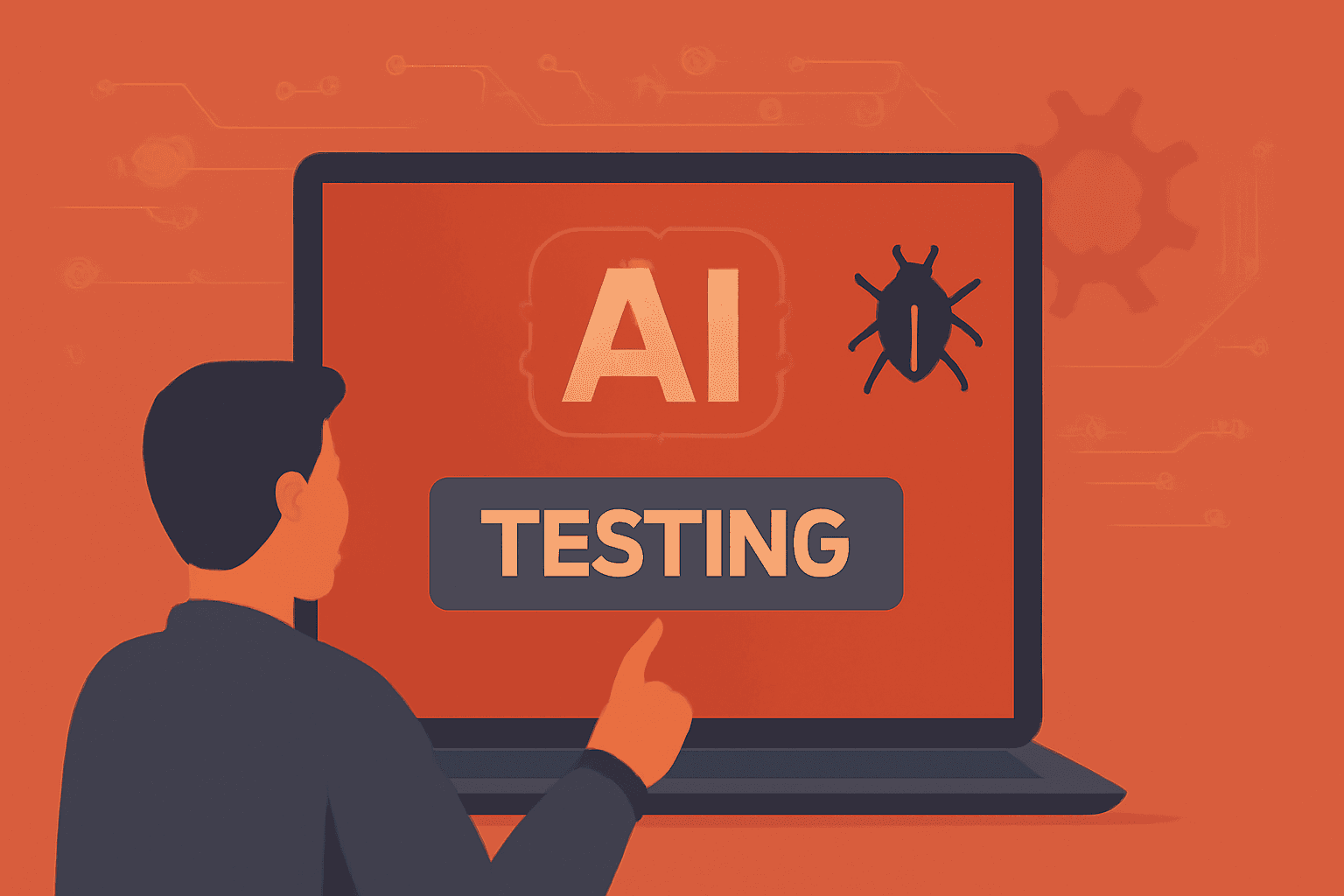Traditional automated testing relies on pre-defined scripts and rules to execute test cases, making it difficult to adapt to dynamic or complex systems. AI-powered testing, on the other hand, uses machine learning and predictive analytics to automatically generate test cases, learn from past tests, and adapt to changes in the software. This makes AI testing smarter and more efficient, as it can identify bugs, predict failures, and even self-heal broken test scripts without manual intervention.
-
AI-powered testing enhances QA by automating intelligent test generation and predictive analytics.
-
Provides self-healing capabilities, automatically adjusting to UI changes and ensuring consistent test accuracy.
-
Significantly reduces testing time, improves accuracy, and scales for modern applications with frequent updates.
-
Helps organizations achieve cost savings by reducing manual labor and minimizing defects post-deployment.




